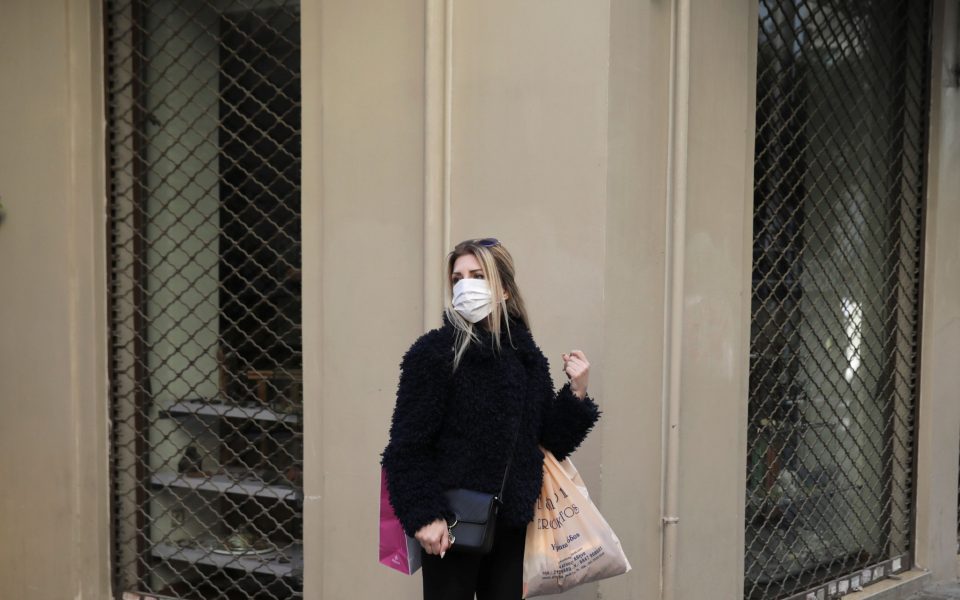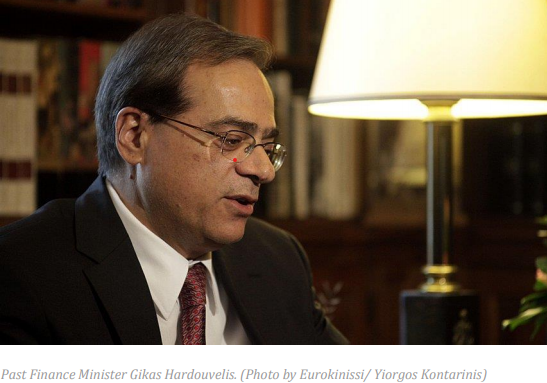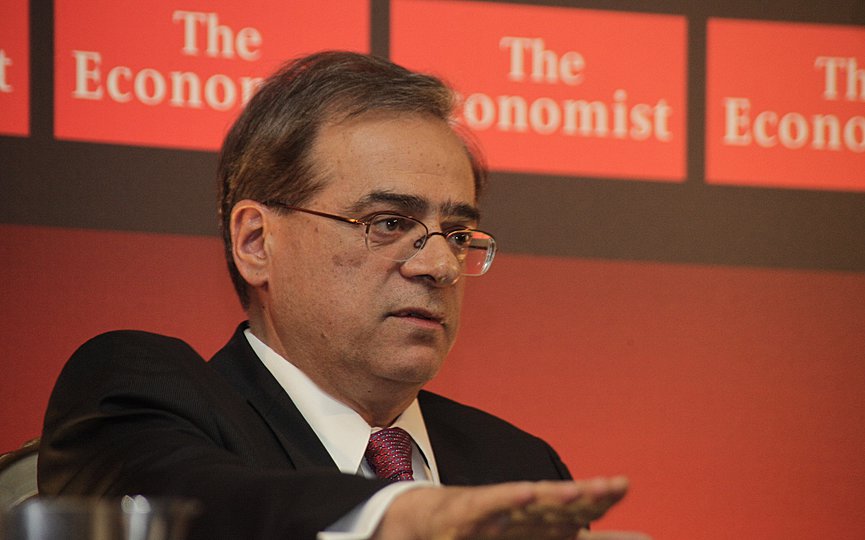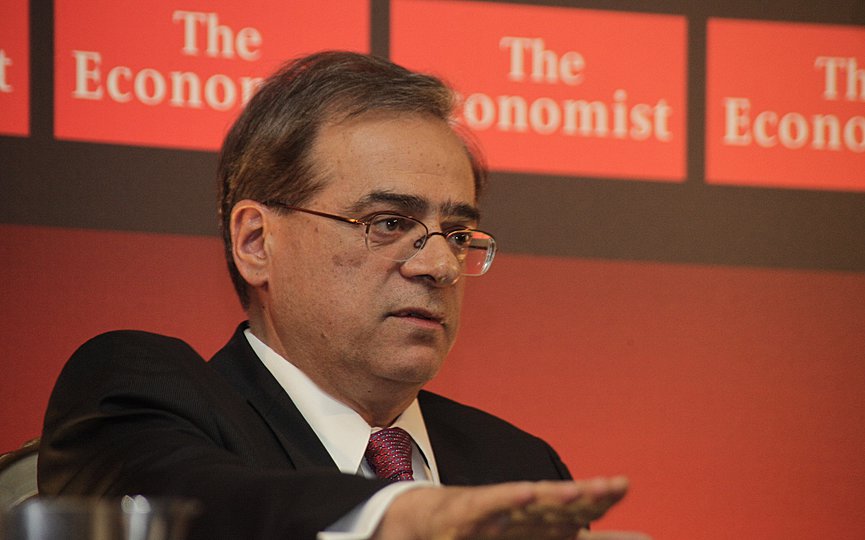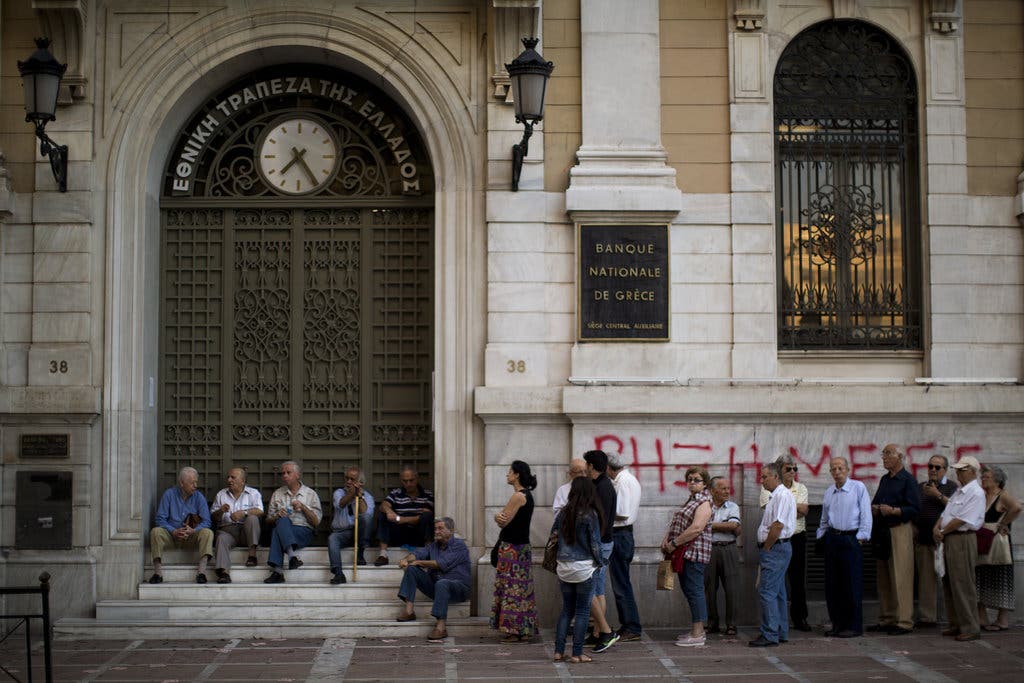Greece Under Enhanced Surveillance: Debt Relief vs. Moral Hazard
Gikas A. Hardouvelis
The National Herald, New York
May 1, 2018
Abstract
Greece’s third Economic Adjustment Program 2015-2018 is coming to an end this August. Anticipation of the event has generated a heated debate within the country on what comes next. Will there be adequate debt relief as was promised back in 2012 and in 2016, and if yes which form will it take and under what conditions? Does August 2018 mark a “clean exit” from the past programs, followed by a period of uninterrupted growth as the governing coalition claims? Or instead, does it simply represent a “dirty” exit followed essentially by a disguised new “fourth program” with no fresh money from the lenders, yet with many extra restrictive obligations, some already legislated, as the main opposition parties proclaim?
The stakeholders in this debate are not only the Greek citizens, the domestic political parties or the central bank, but the lenders as well, who carry different points of view, different financial claims and different motives. Today it is still too early to predict the end result, yet it is clear a minimum consensus has emerged among the lenders that Greece will be under enhanced surveillance in the years to come, which would be stricter than for any other EMU country that went through an economic adjustment program.

